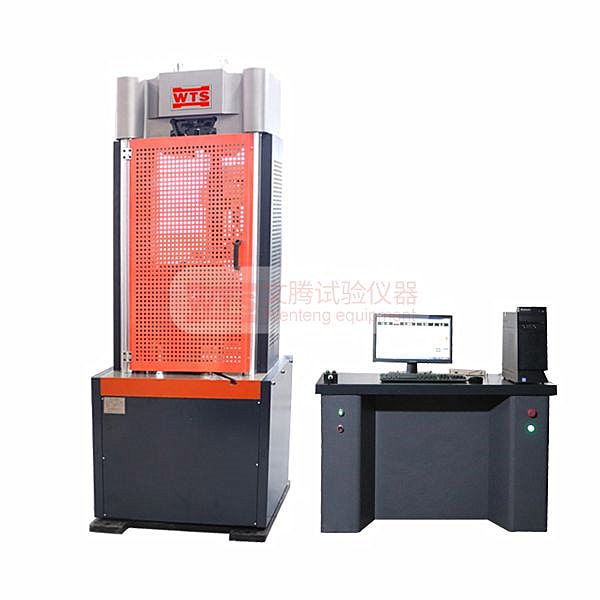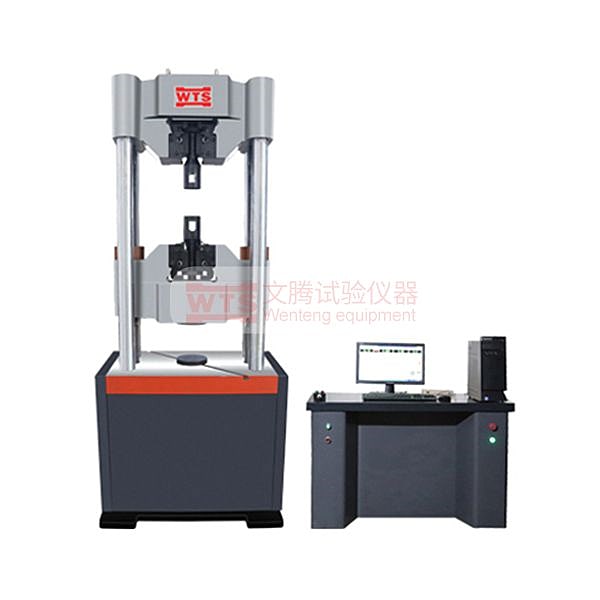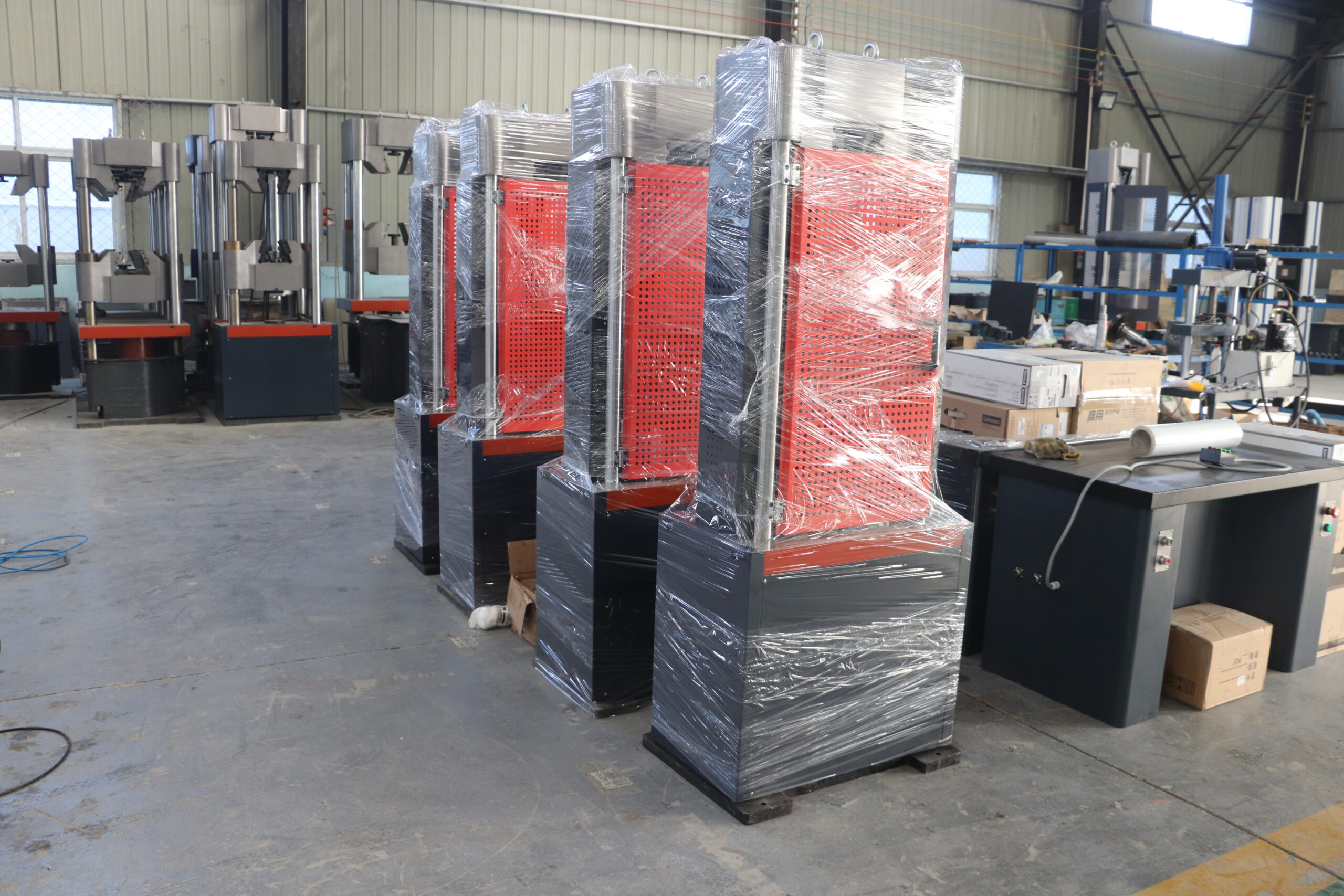Metals and Heavy Engineering
Hydraulic Universal Testing Machines (UTMs) are the go-to solution for testing high-strength materials due to their superior load capacity—ranging from 300 kN to over 2000 kN. They are widely used in the metallurgical, steel, mining, and construction equipment industries.
Common applications include:
Tensile testing of steel bars, rebar, and metal plates to evaluate yield strength, tensile strength, and elongation (ASTM E8, ISO 6892).
Compression testing of castings, forgings, and machine components.
Bend and shear tests on structural metals, anchor bolts, and weldments.
Because these materials often operate in load-bearing environments, the precision and robustness of hydraulic UTMs ensure safety compliance and design validation for heavy-duty structures like bridges, pipelines, cranes, and power equipment.

Infrastructure and Civil Engineering Materials
In the field of civil construction and infrastructure, hydraulic UTMs are essential for testing bulk construction materials that experience compressive, tensile, or flexural stresses during service.
Typical tests include:
Concrete compression strength (ASTM C39, EN 12390-3)
Tensile strength of steel strands and wire ropes (ISO 15630, ASTM A370)
Flexural strength of reinforced concrete beams
These machines support construction quality assurance in:
Bridge decks and expansion joints
Building columns and concrete blocks
Precast components and road materials
Due to their high-force capacity and durable fixtures, hydraulic UTMs are preferred in testing labs of construction companies, civil engineering departments, and public infrastructure projects.
Industrial Components and Manufacturing
In mechanical manufacturing and industrial production, hydraulic UTMs help ensure that components meet mechanical strength requirements before they are assembled into final products.
Applications span:
Axles, gears, and shafts: Checking tensile and fatigue performance under high-stress applications
Springs and dampers: Verifying load-bearing behavior in suspension and vibration systems
Fasteners, bolts, and couplings: Determining failure loads and elongation characteristics
Manufacturers also use hydraulic UTMs to validate design specifications, conduct material comparisons, and troubleshoot field failures. Many setups are integrated with data acquisition software, extensometers, and automatic report generation systems.

Conclusion
Hydraulic Universal Testing Machines offer unmatched capacity, repeatability, and test stability, making them ideal for industries dealing with metals, civil materials, and industrial components. Their versatility allows for a wide range of standard and customized mechanical tests, all while ensuring safety, compliance, and performance across sectors.
Whether testing rebar for a bridge, concrete for a high-rise, or gears for a heavy machine, hydraulic UTMs are the foundation of quality assurance and material certification in demanding engineering environments.









